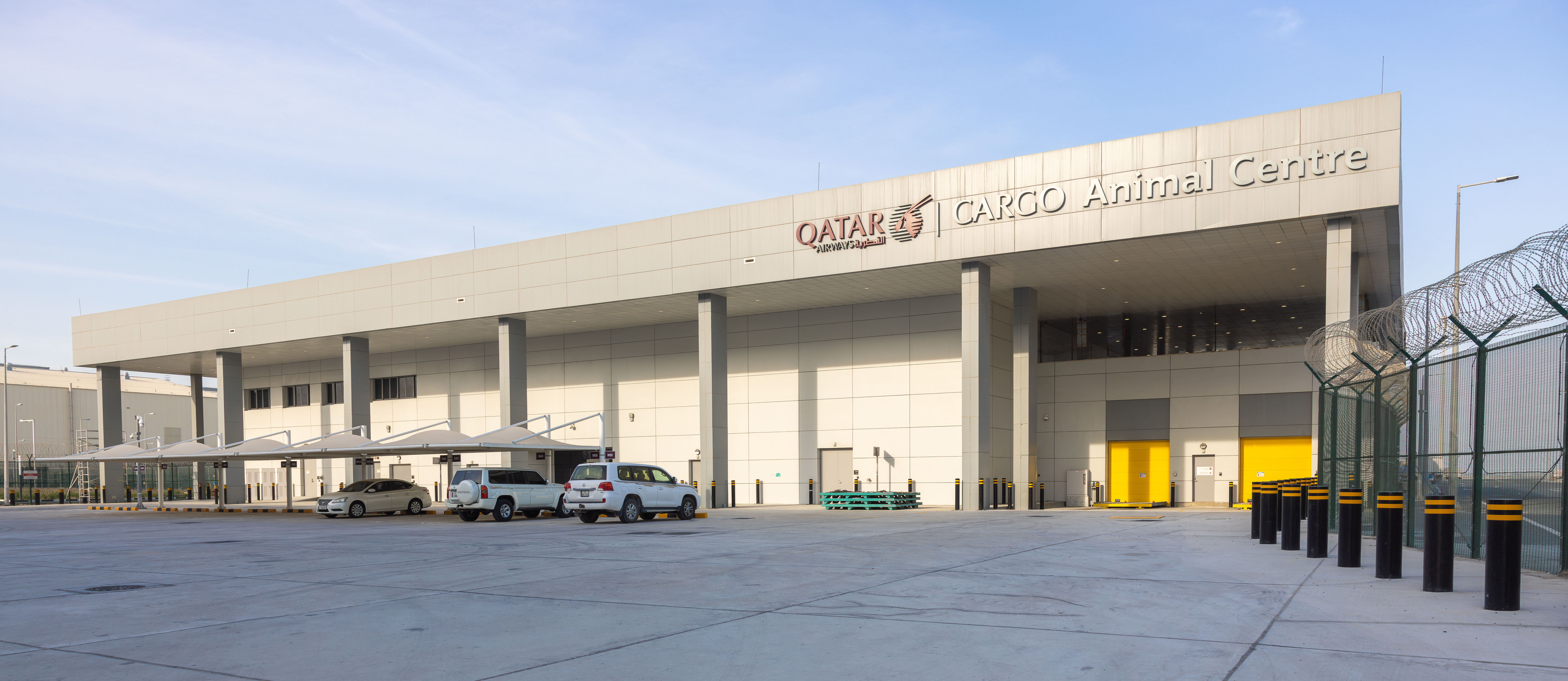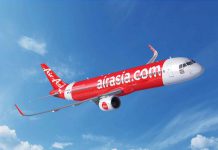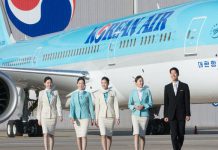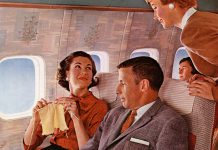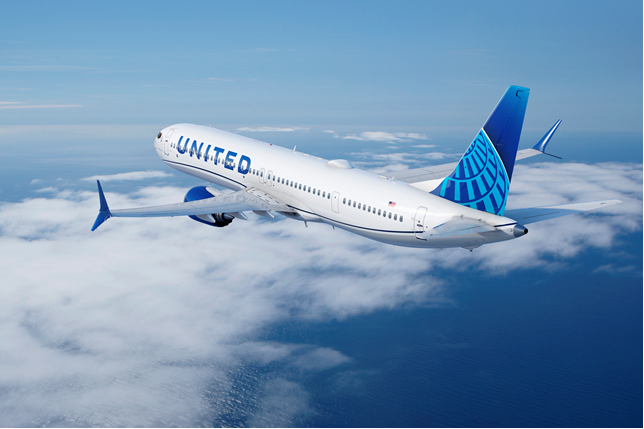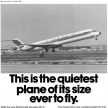Gone are the 100 surplus Boeing 737 MAX jets and going are the bargain deals Boeing has done to rejuvenate its flagging production lines after a two-year grounding for software fixes of its best-selling aircraft.
This week’s massive order from Chicago-based United Airlines for 200 737 MAX jets follows a similar huge order from low-cost giant Dallas-based Southwest Airlines for 134 and Alaska Airlines for 45. That is all worth a combined total of $45 billion at list prices.
The message is clear — the deals are running out with both US giants American Airlines and Delta Air Lines also circling for a bargain, with Boeing’s backlog for the 737 MAX now over 4,000 planes.
Just prior to COVID-19, and during the MAX grounding, Qantas chief executive Alan Joyce had boasted that Boeing would be keen to sell the Boeing 737 MAX to “the world’s safest airline” and he was going to use that award from this website as a pricing lever.
Qantas needs to replace its 75 Boeing 737-800s, some of which are almost 20 years old and were purchased at bargain prices just after 9/11 — when Boeing suffered cancellations from US airlines — and Ansett’s collapse in Australia.
A Qantas spokesman told AirlineRatings.com that a low-key evaluation for the 737-800 replacement was still ongoing with the industry expecting the process to speed up towards the end of the year.
That competition will pit the Boeing 737 MAX against the hot-selling Airbus A320/321 series.
While Boeing would indeed love to sell the Boeing 737 MAX to Qantas it needs to limit the discounts on its aircraft to offset the huge losses due to the grounding of the aircraft and the impact of the pandemic on aircraft orders.
The problem for Qantas is the stop-start Australian domestic travel and the virtually non-existent international travel due to the very low vaccination rates is creating havoc for its planning and putting its finances under pressure.
It is the opposite in the US and some other countries where domestic air travel, at least, is booming, renewing confidence that the good times are not far away.
That bullish outlook is fuelling the race to snap up Boeing bargains.
According to the Official Airline Guide, the US domestic traffic market is only 19 percent down on the same time in 2019, whereas Australia’s is down 34 percent and that was before the recent rash of lockdowns that have wrecked travel plans across the country and severely damaged confidence in air travel – not the right recipe to order aircraft.
Peter Harbison, chairman emeritus of the Centre for Aviation, suggests differing COVID responses and vaccination rates across the globe combined with vastly contrasting approaches of airline support had created a new world order in aviation.
“Government-owned or backed airlines are emerging in a far better position to prosper than airlines who have not enjoyed such support, although some will have to change their business model to tap the lower-cost travel trend,” Mr. Harbison said.
An AirlineRatings.com study in 2020 found that a Qantas-sized airline in the US would have attracted $5b in government support, whereas the Australian airline has received $2b.
Airlines such as Lufthansa, Singapore Airlines, Etihad, Cathay Pacific, Emirates, and Qatar have received significant support from their governments in a variety of ways and these key competitors of Qantas will emerge from the pandemic flying higher and faster.
Mr. Harbison said compounding the problems for Qantas was the dynamic of the underlying health-based strategic approach and the different levels of risk tolerance amongst governments in the Asia-Pacific region that would lock in a slow recovery.
“This is in stark contrast to the approach followed by the US, and promises a patchwork of renewal in Asia — the world’s fastest-growing economic region,” he said.
“The slow and uneven pace of vaccine roll-out in the region will play a very significant part in delays – probably magnified by the apparent disparities in recognition of vaccines, for example in the EU’s Green Pass conditions, and in China’s insistence on the use of Sinovac.”
“Even a series of bilateral bubbles appears a fragile hope, illustrated by the regular postponement of the Singapore-Hong Kong arrangement and the constant readjustment of the Australia-New Zealand bubble.”
He warns that some international airlines in the region will go to the wall unless government support is forthcoming.
“But merely propping up airlines that have been unprofitable for years is not a strategy; it is time to look at what the market needs in the future, and to devise ways of ensuring national markets emerge with aviation systems that truly benefit their best national interests.”


